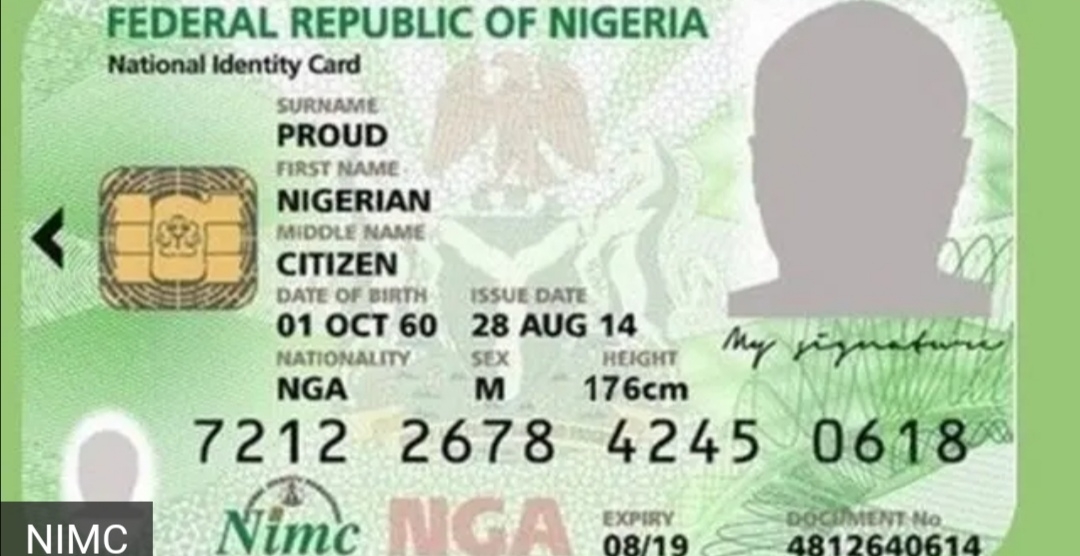
Fuel Queues in Nigeria. Credit: businessday.ng.
As of today, May 5th, it is getting to a couple of weeks
since Nigerians commenced another episode of petrol fuel scarcity. Considering
that Nigeria is an oil-producing nation, the situation triggers heartbreak, gloom,
distrust and despondency.
It is a bizarre situation; people as high as university dons and directors in all tiers of the Nigerian Civil Service have resorted to commuting via commercial tricycles since they can't afford to power their private vehicles at the current fuel cost of about N1000/litre of fuel. We have suddenly found ourselves in a situation where the country belongs to a handful of politicians and highly successful businessmen and women.
As far as Nigerians are concerned, those who viewed Nigeria's oil as a curse are getting vindicated. Looking at the situation broadly, the global oil industry has given us a huge reason to view oil as coming with some level of course, albeit a minuscule. Some people will argue that the global curse is huge. Fossil fuel has brought staggering progress to humanity, but when the potentially apocalyptic dimension of its downside is viewed, it is a curse of sorts. For a myriad of reasons, people in different places are desperately praying for an option for fossil-driven engines.
This brings us to the story of Stanley Meyer, a guy from the US state of Ohio, who is said to have invented a hydrogen-driven car. Meyer's technology involved the process of electrolysis that splits water into hydrogen and oxygen. The hydrogen is combusted to power the engine, while the oxygen and other residues are propelled through the exhaust, enriching the atmosphere with more oxygen. The invention was meant to power a dune buggy capable of driving for 180km on four litres of water. Many folks must have said, "Who cares about the quantity of water? If it meant driving that far with 100 litres of water, all it would have required was to find the nearest river, well or water pump and just refill."
Meyer was said to have died in 1998, at a restaurant where a waiter served a purportedly poisoned drink. In the conversation that ensued, there were accusing fingers in the direction of the oil industry, the only institution that would have suffered if his invention were to fully come to reality.
There is that saying that "the triumph of evil over good is only fleeting." The doom the oil industry was trying to avoid if Meyer's invention were to come to full application is sure to come. The whole issue is something bigger than Meyer; it is about the whole of mankind. For the love of money and power, we cannot let humanity perish. Fossil fuel is getting closer and closer towards actualizing its target extinguishing the whole of mankind. Every day, we see events pointing in that direction. Recently, we saw it in the United Arab Emirates and Kenya, through floods of the magnitude that convinces the strongest sceptics of the veracity of the global environmental crisis.
In Nigeria, millions are praying frantically for the coming of the electric car. In the ignorance of many, their prayers aren't motivated by the day of doom that the use of fossil fuel would bring, should we lose the fight, but by the excruciating hardship, the exorbitant cost of petroleum products has brought.
We understand that Stephen, Stanley's brother, has moved his late brother's invention to Canada for safekeeping. Eventually, even the killers of his brother would beg this invention to be revisited.











